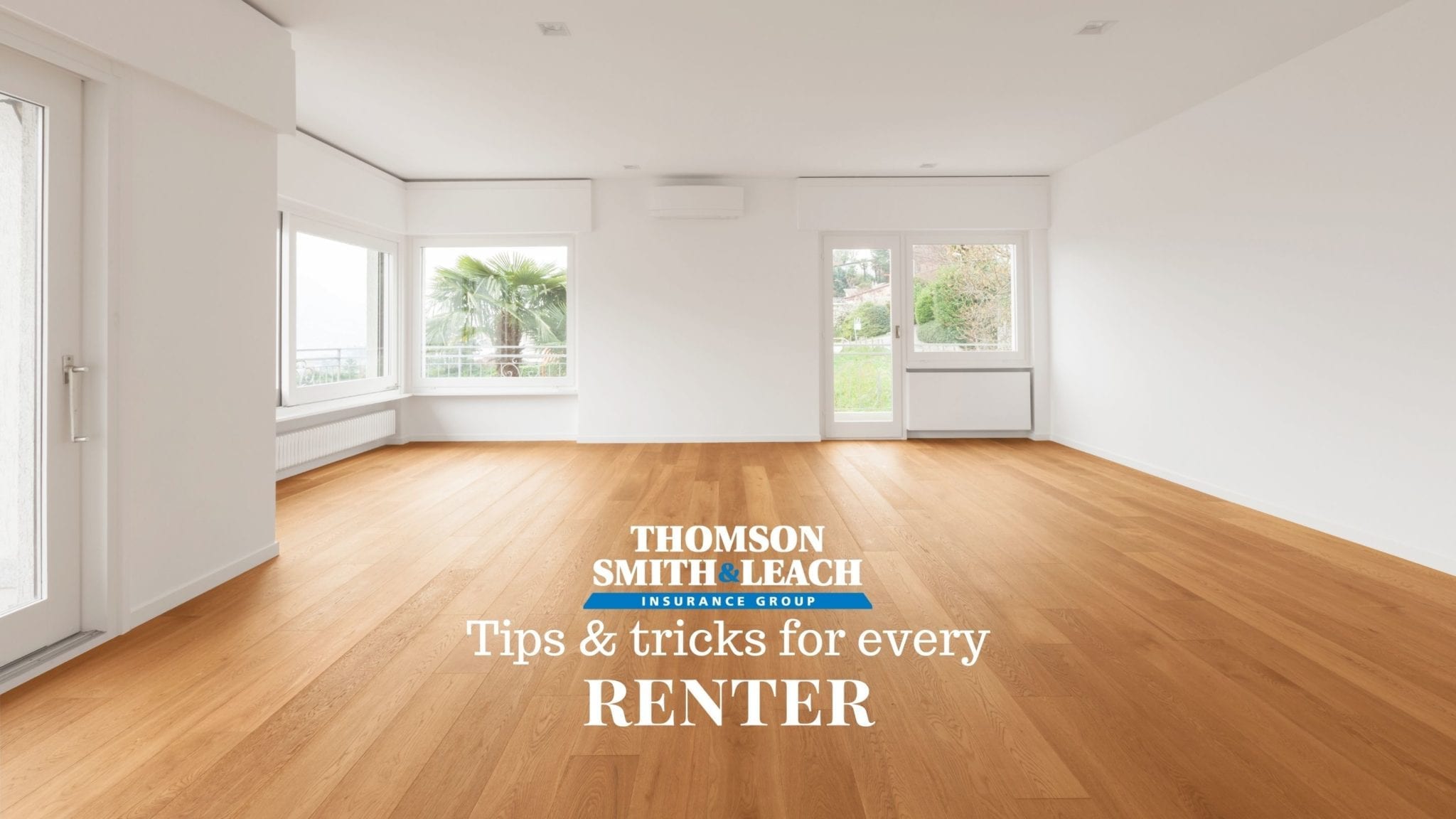The task of searching for your first apartment can seem a little daunting. But have no fear; renting an apartment can give a sense of accomplishment and excitement like no other. Not only does it cater to an increased sense of responsibility, but it also garners a new sense of freedom, where you’ll be able to learn new things and grow as an individual.
Multiple decisions come into play when searching for your first apartment. We’ve narrowed down three important tips that may come in handy during your search for the perfect spot.
Tip #1: Evaluate Your Budget Before Signing a Lease
The cost of rent is one of the most important factors to consider when searching for your first apartment. Although it’s most likely the largest, rent is not the only expense that you’ll need to consider when apartment hunting.
If rent is one of your highest expenses, but you’ve already fallen in love with a specific space, then perhaps consider cutting costs in other places. We’ve listed a few examples below:
- Save money on energy consumption: Turn off a light when it’s not in use or unplug your TV every now and then. The savings here won’t be substantial, but every penny counts when it comes to saving your hard-earned money—especially for college students and young professionals.
- Consider getting roommates: Splitting the cost of rent with one or more people can offer considerable pros, such as the amount you’ll be paying each month on rent, utilities, groceries, and other expenses that can be evenly divided.
- Strive to stick to your budget: Factor in how much money you’ll be making per month along with the cost of rent and expected expenses. Once you’re all moved in, consider cutting miscellaneous costs such as impulse fast food runs and cable.
Tip #2: Inquire About Your Landlord’s Policies
Once you’ve considered your budget and evaluated your overall ability to rent an apartment, consider discussing all of the associated details with your landlord. This is a great time to go over policies such as parking and having guests over.
Additionally, you’ll need to discuss the landlord’s security deposit policy. A security deposit is defined as money given to a landlord as proof of intent to move-in. The amount is usually equivalent to one month’s rent depending on location and the landlord’s policy.
A security deposit can also be used as both financial and property protection; if a renter cannot pay their rent for the month or if anything is damaged upon moving out, the landlord can use this security deposit to cover any financial difficulties.
Other important policies that may require a discussion include pet policies, late fees, and fees for breaking your lease. Although these topics should all be listed in your lease, it’s best to discuss it with your landlord to ensure there’s no confusion on either side. You don’t want to be stuck in a lease without knowing what you are allowed to do as a tenant.
Tip #3: Consider Renters Insurance
Some landlords require their tenants to have renters insurance. Usually, if a landlord requires renters insurance, it is to avoid liability claims from tenants due to damaged property. According to Nolo.com, renters insurance can cover loss due to theft, negligent destruction of the tenant or landlord’s property, liability for injuries, and natural disasters. Remember, renters insurance policies will certainly differ amongst insurance providers.
One of the most notable reasons that tenants should opt-in for renters insurance is protection against loss of personal property. This can range from clothes and jewelry to more expensive items such as furniture and electronics. According to esurance.com, the average renter owns about $20,000 worth of personal property. Although some items may be considered on the smaller side, every penny adds up as stated earlier.
While there are so many facets to consider when it comes to renting your first apartment, the payoff is well worth it. Keep in mind that not every first apartment is a gem—there may be some mild bumps along the way. Build a suitable rapport with your landlord and always communicate about any issues that you’re having with the space. And lastly, enjoy the journey. Moving into your first apartment is an exciting experience and the first of many memories that will be remembered along the way.


Recent Comments